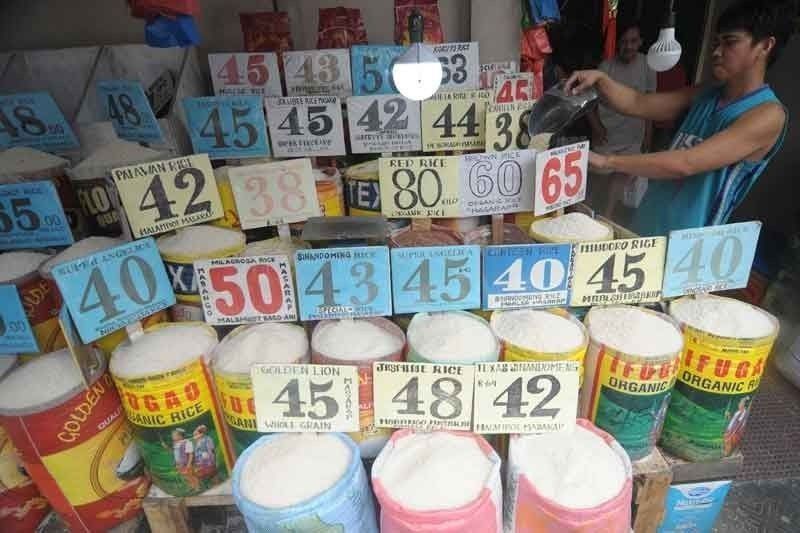Supply constraints threaten to disrupt rice prices

MANILA, Philippines — The relatively stable prices of rice in the local market may suddenly spiral out of control after Vietnam and Thailand the country’s two biggest rice suppliers decided to cut exports of the staple.
Former Butil Farmers party-list Rep. Cecil Chavez has warned that the Philippines may be at the losing end once its ASEAN neighbors start to reduce exports to prioritize their own rice requirements.
“No one seems to be paying attention to these grim developments on the rice supply front. There should be a strong, coordinated response to supply woes and the now-reduced paddy production in our own country,” Chavez said.
Instead, what we are seeing is either indifference or complacency,” she said.
VietnamNet Global reported that Vietnam’s rice sector is facing difficulties this year amid strong volatility on production, demand and prices. The country’s land use for growing rice is also seen to reduce.
Production is expected to decline by as much as seven percent to 41.5 million metric tons due to water supply and weather disturbance problems and farmers’ decision to shift to more profitable crops.
Hanoi was the Philippines’ biggest rice supplier in 2019 where 2.1 million MT of the Philippines’ total three million MT rice imports were shipped from Vietnamese ports.
On the other hand, the United States Department of Agriculture sees Thai rice exports declining to the lowest level in seven years as supplies fall and prices remain high.
USDA said the strengthening of Thailand’s currency has also affected exports with the baht now at a six-year high.
Thailand competes with more competitive Indian and Vietnamese rice, which are priced about 20 percent lower.
“Looking ahead to 2020, Thailand’s export prospects are grim. Lower demand from key markets and uncompetitive pricing, compounded with a severe drought, are expected to decimate offseason rice production. With tighter supplies, Thai exports are likely to remain at low levels,” USDA said.
Chavez said the country is now facing a “horrible trifecta” of rice supply problems with the expected reduction of exports from Thailand and Vietnam.
This is also exacerbated by local farmers’ decision to discontinue rice farming.
“The grand illusion that there will always be cheap and ample rice on the global market has been shattered. And this confidence was the main argument for the passage of the rice tariffication law last year,” Chavez said.
The law led to the opening up of the market to cheap rice imports which resulted in lower palay farm gate prices in several rice-producing areas.
- Latest
- Trending





























